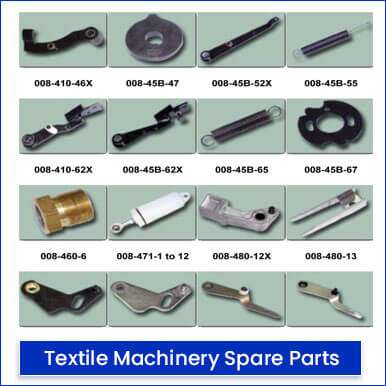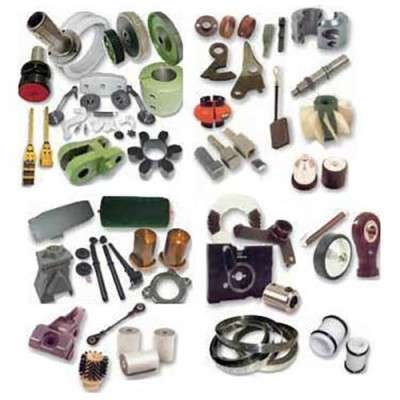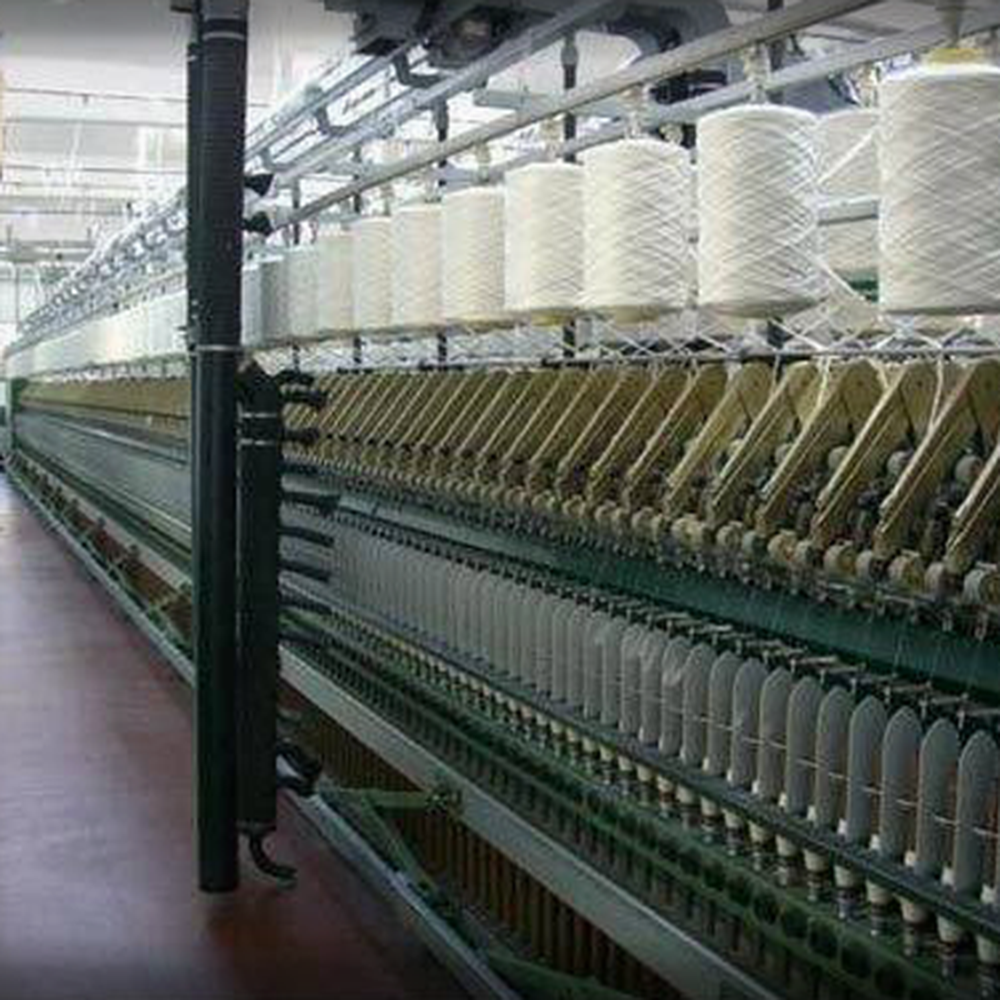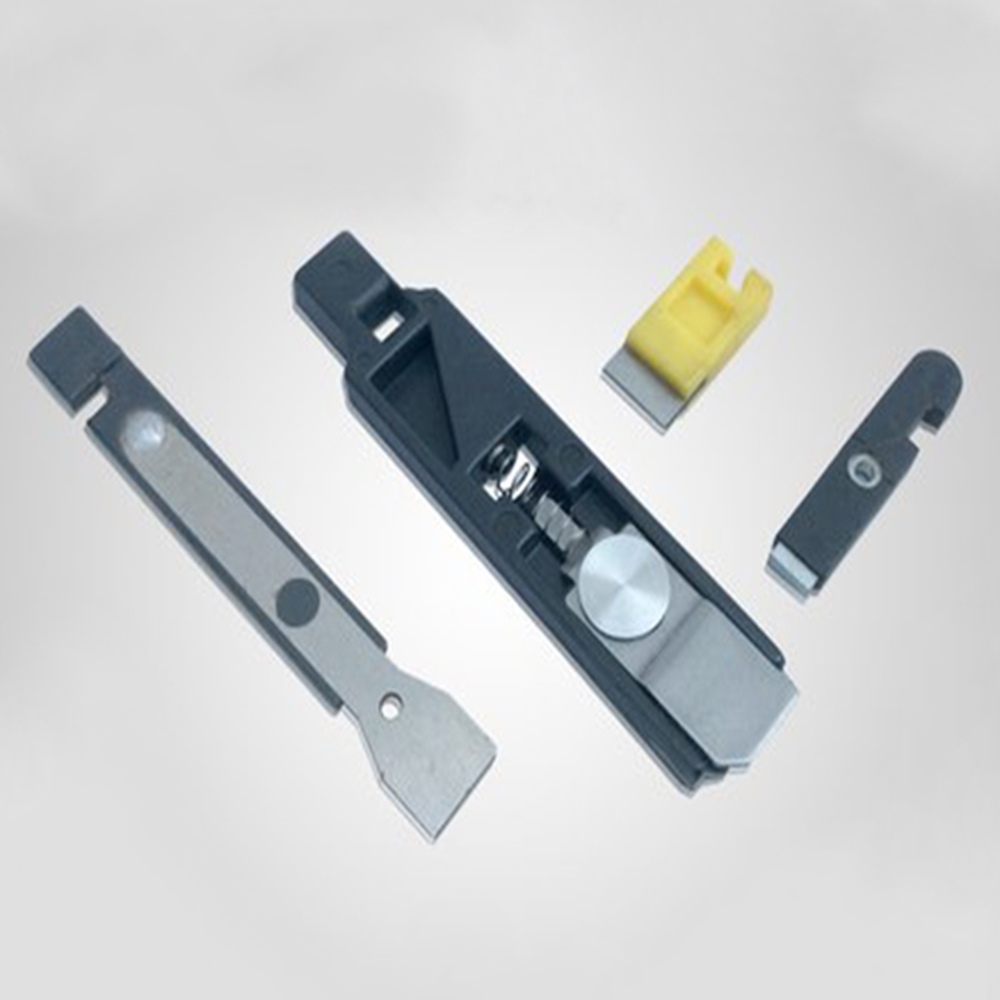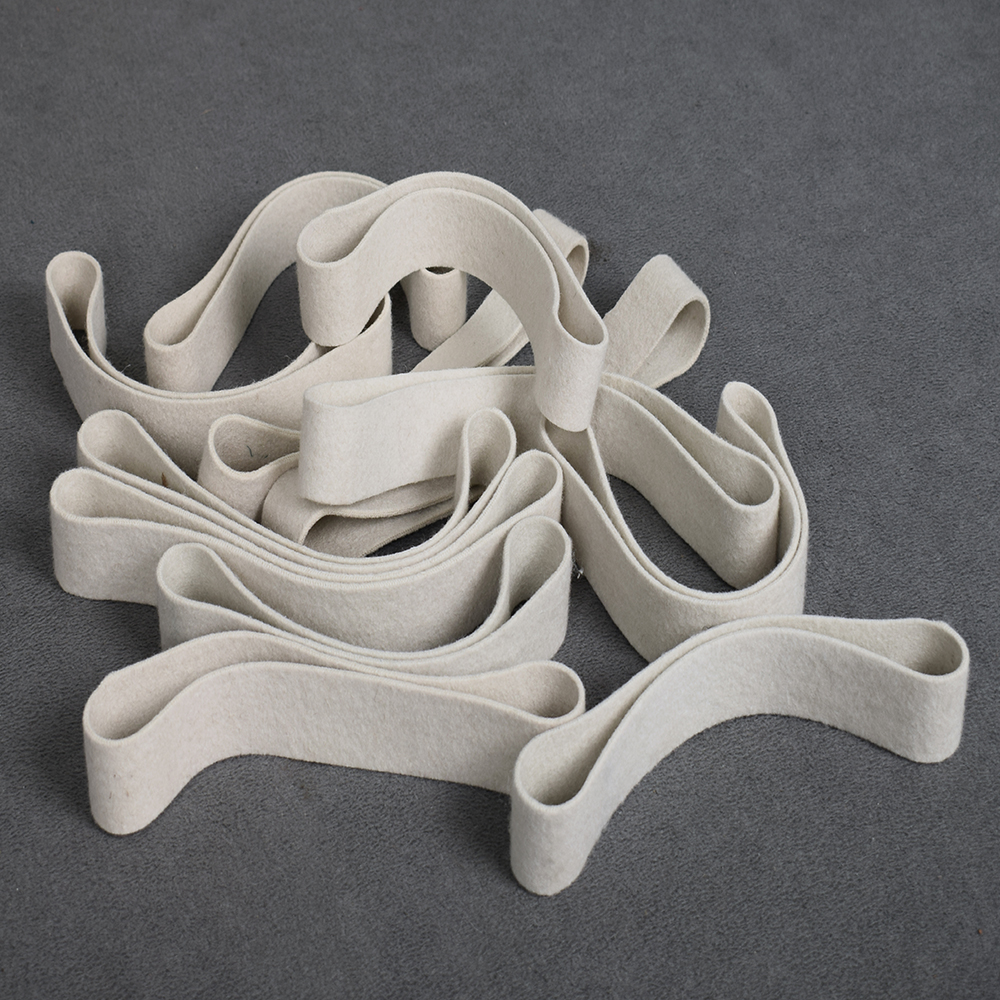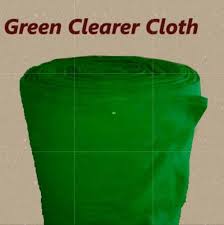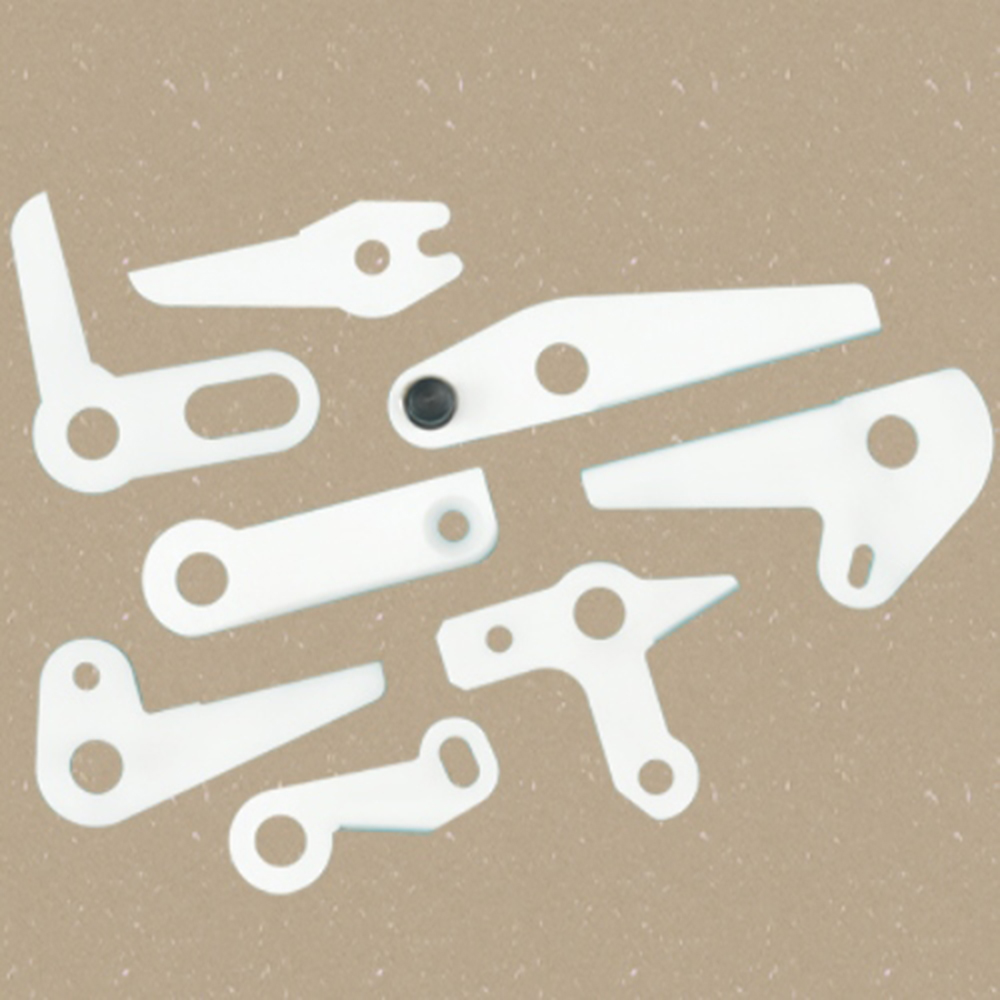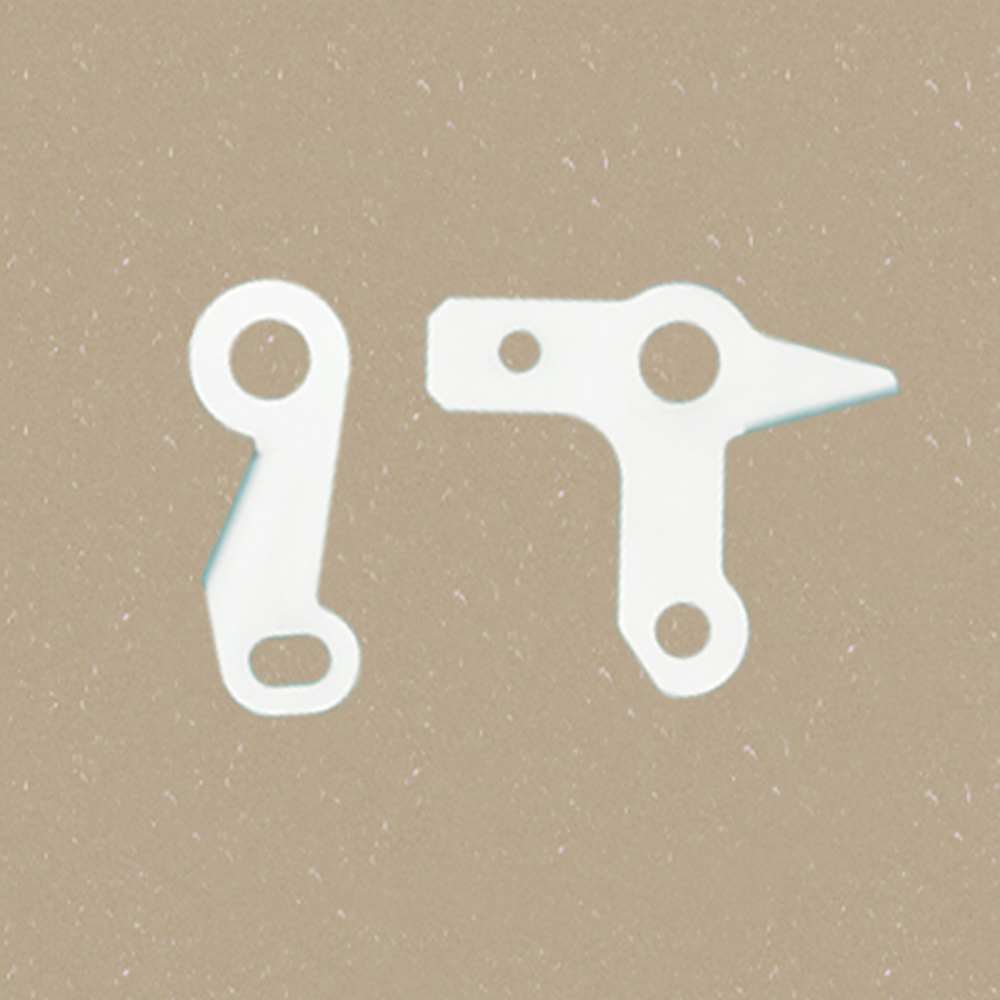- Home
- About
-
Products
- Autoconer Scissor Blades
- Textile Machinery Spares
- Autoconer Spares
- Spinning Machine Spare Parts
- Eyc Cutter Blades
- Electronic yarn clearer
- Endless Clearer Cloth
- Green Clearer Cloth
- Yarn Cutter Blades
- Splicer Scissor Blades
- Lower yarn Scissor Blades
- Shutter Cutter Blades
- Suction Tube Cutters
- Carbide Round Cutter Blades
- Loom Cutter
- Rubber strip
- Rubber Emery Fillet
- Woolen Felt
- Felt Sheet
- Felt Washer
- Non Woven industrial Felt
- Non Woven Fabrics
- Contact
- Email: [email protected]
- Phone: 9374614042
Non Woven Fabrics
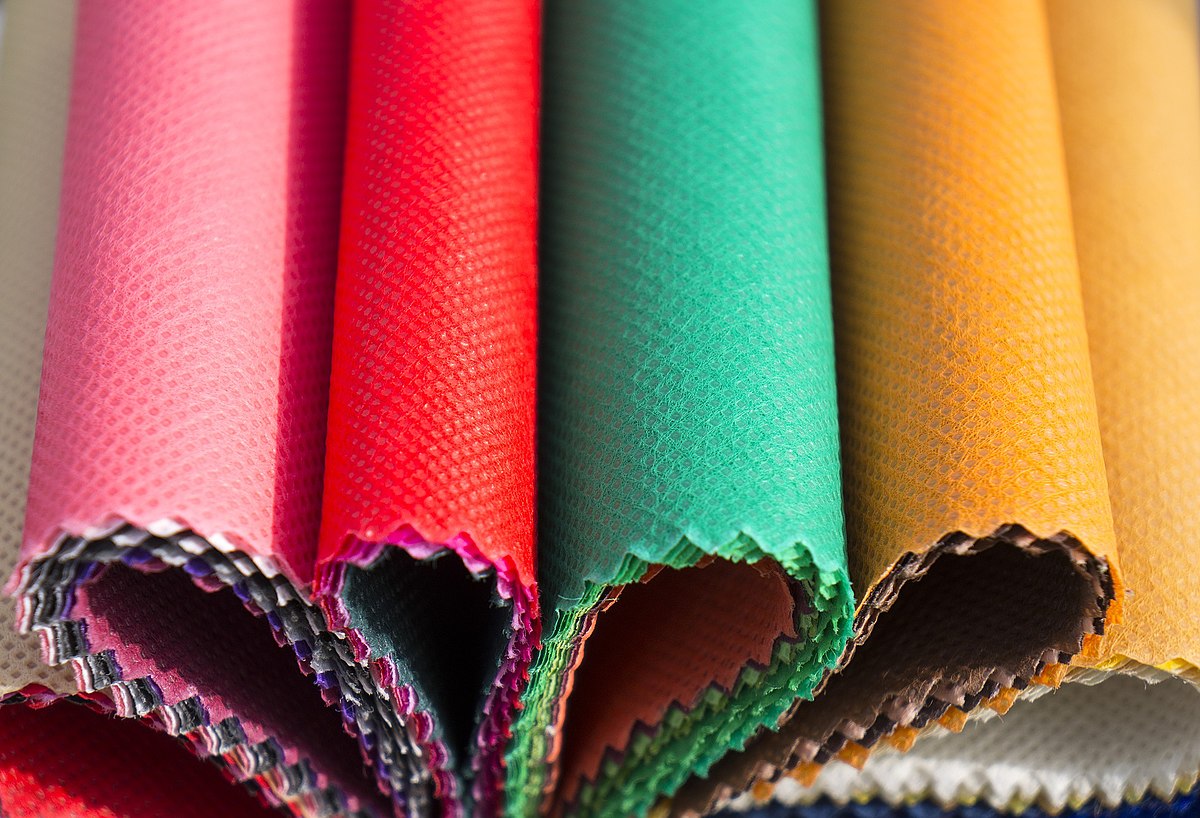
Non Woven Fabrics
Non-woven industrial felt is a versatile and cost-effective material widely used in various industrial applications due to its unique properties. It differs from traditional felt (which is typically made from wool or other natural fibers) in its manufacturing process. Here's a breakdown of non-woven felt and its key characteristics:
Manufacturing process:
- Unlike woven felt (where fibers are interwoven), non-woven felt is made by bonding fibers together through mechanical, thermal, or chemical means. This process allows for greater flexibility in terms of fiber type, thickness, and desired properties.
Material:
- Non-woven industrial felt can be made from various fibers, including:
- Synthetic fibers like polyester, polypropylene, nylon (known for their affordability, durability, and resistance to chemicals)
- Natural fibers like wool, cotton (known for their breathability, flame retardancy in some cases)
- Blends of synthetic and natural fibers (combining properties of both)
Properties:
- High tensile strength and tear resistance: Makes it suitable for demanding industrial applications.
- Good filtration properties: Useful for filtering dust, liquids, or air.
- Vibration dampening: Absorbs vibrations and reduces noise.
- Thermal insulation: Provides insulation against heat or cold.
- Flame retardant properties (depending on the fiber type): Important for safety in specific applications.
- Cost-effective: Generally less expensive than woven felt or other industrial materials.
Our Coverage


Enquiry
Let’s speak. Phone / Email us or use the contact form.


